Benefits of Healthcare EV Charging Stations for Hospitals and Clinics

Provide an amenity or generate income

Eligible for federal, state and local utility rebates
UL listed & ENERGY STAR certified
Robust, and reliable fast charging
Perks of Adding EV Charging Stations to Your Healthcare Center
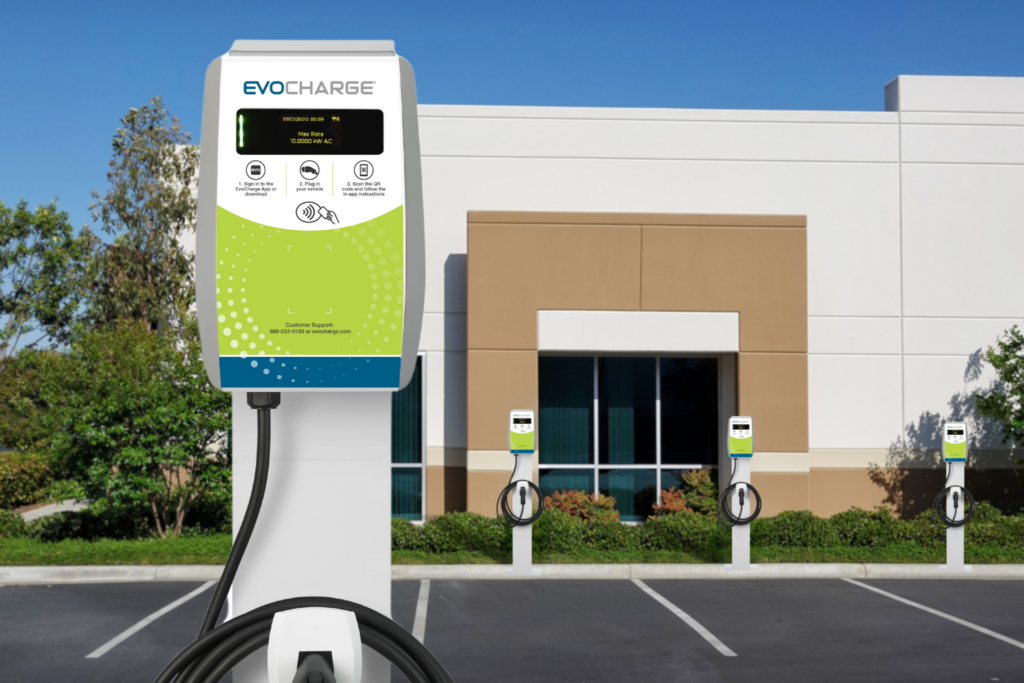
Simple User Access Control
Monitor and control charging easily with EvoCharge EVC50, EVC50 LTE or Max 80 Amp EV charging stations for your hospital or healthcare clinic that are RFID enabled. Offer EV charging as a free amenity or control access with key cards or FOB’s.
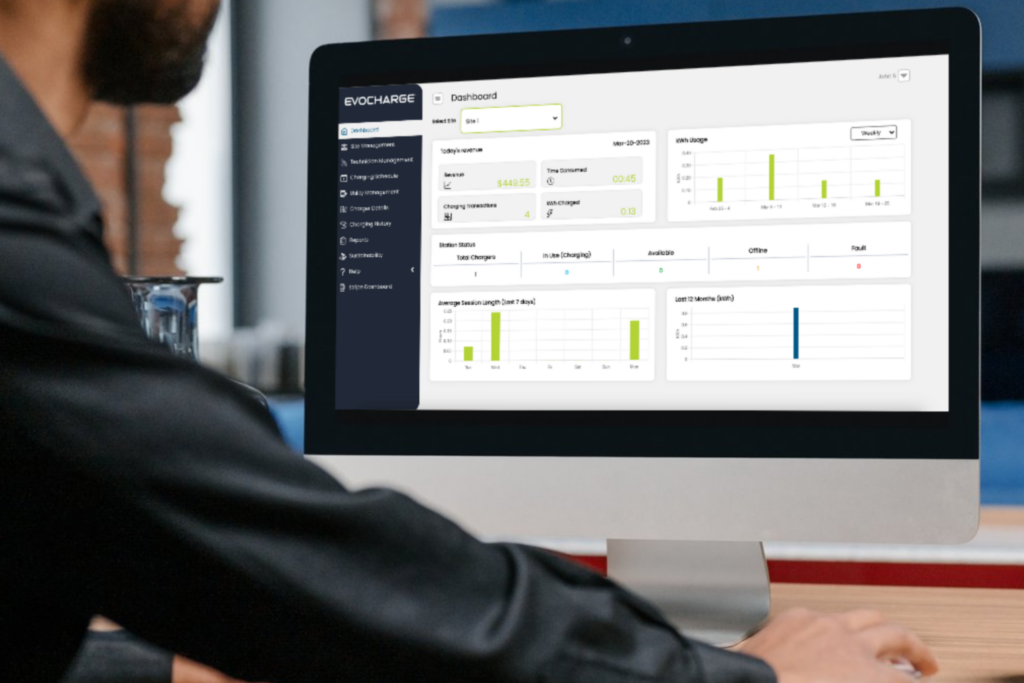
Maximize Uptime With the EvoCharge Network
Whether you use one charger or 20, the EvoCharge Network allows you to easily manage charging stations from single or multiple properties, all from your desktop computer. Check station status, provide or limit access, set up payment and usage reports and more.
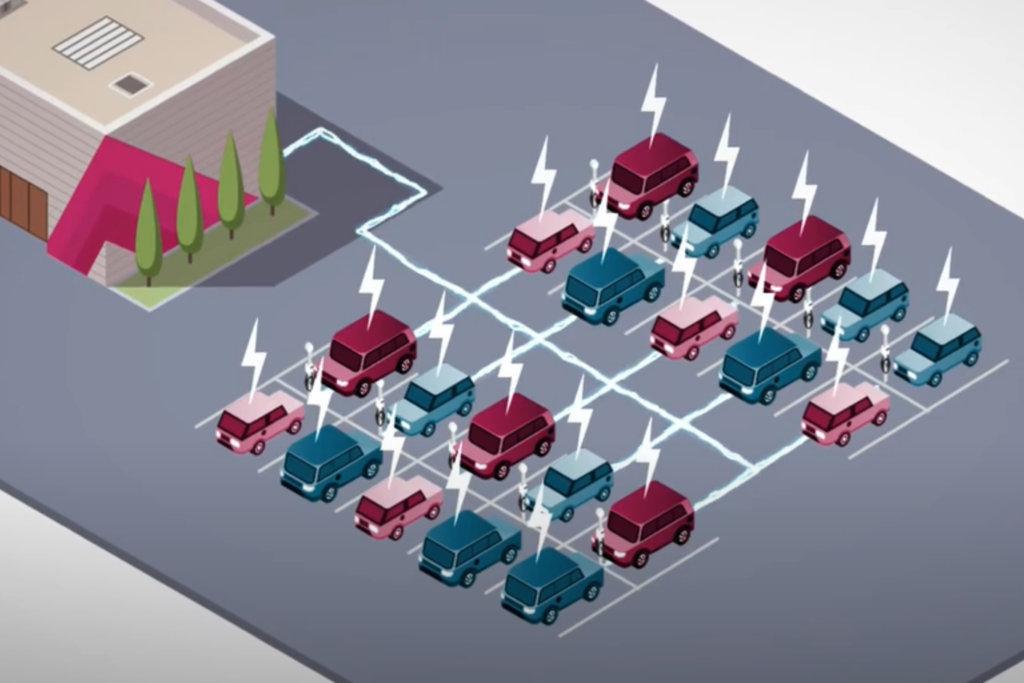
Scale With Network Load Management
Integrated network load management allows for balancing the electrical load of up to 20 charging stations on a single circuit. Provide full control over how your charging stations work together and individually, making it easy to optimize performance and maximize installation savings.

Tax Incentives
EV charging stations for your hospital or healthcare clinic may be eligible for utility rebates or discounts, in addition to state or federal tax credits. View available electric car rebates and incentive information for commercial and public charging stations. Use the provided guide as a starting point, as electric car rebates and incentives are dependent on the municipality or utility offering the incentives.
EV Chargers for Hospitals and Clinics
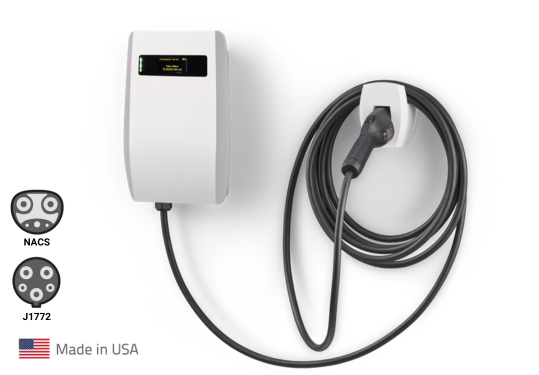
EvoCharge EVC50
The EvoCharge EVC50 connects over Wi-Fi or 4G LTE and OCPP to provide access control and integration options for utility and network service providers. Compatible with all vehicles including Tesla and charges up to 45 miles per hour.
- OCPP demand response and network management compatible
- Wi-Fi and 4G LTE accessible
- Adjustable power output — 16 to 50 amps
- RFID card reader capable
- Hardwired for safety and reliability
- 18 foot charging cable with cold weather flexibility
- Made in the USA (BABA compliant)
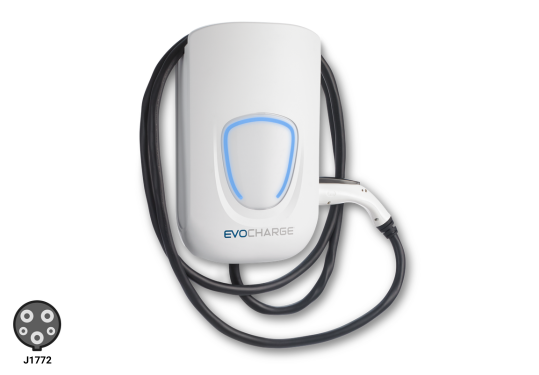
EvoCharge Max 80 Amp EV Charger
Certified for safety and reliability, the Max 80 Amp EV Charger is EvoCharge’s fastest Level 2 charger and is network capable with Wi-FI and 4G LTE. Compatible with non-Tesla vehicles using the J1772 plug.
- 80 Amps, 19.2kW output
- Wi-Fi and 4G LTE cellular compatible
- Hardwired for safety and reliability
- NEMA 3R rated for indoor and outdoor use
- RFID card reader capable
- 15 foot charging cable with cold weather flexibility
- Made in the USA (BABA compliant)
Frequently Asked Questions
OCPP — or Open Charge Point Protocol — means the EV charger doesn’t require a specific network to work and it can be connected to any local charging network or utilities company. More information about OCPP and its benefits can be found on our resources page.
Multiple electrical vehicle charging stations for your hospital or healthcare center’s parking facilities can be installed. You can connect up to 20 EvoCharge EVC50, EVC50 LTE and Max 80 Amp EV Charger stations, which enables you to control the output of current to each station. This is also known as local load management or balancing.
An EV charger, also known as Electric Vehicle Supply Equipment (EVSE), safely delivers electrical power to your electric vehicle’s onboard charger to recharge the vehicle’s battery. The charger communicates with the vehicle through the charging port to monitor the battery’s charge level and automatically stops when the battery is fully charged. Most EvoCharge chargers are available with J1772 or NACS (Tesla) connectors.
EvoCharge’s EVC50, EVC50 LTE and Max 80 Amp EV Charger stations must be hardwired by a certified electrician. The EVC50 works on Wi-Fi only, whereas the EVC50 LTE and Max 80 Amp EV Charger can connect via cellular or Wi-Fi. The EVC50 and EVC50 LTE chargers have flexible amperage — 16, 24, 32, 40, 48 and 50 amps — so they work great in most situations.
EvoCharge EVC50, EVC50 LTE and Max 80 Amp EV Charger stations must be hardwired for safety and reliability. We recommend hiring an experienced electrician for installation. From there, charging stations can be managed using the EvoCharge Network or a third-party network of your choosing.